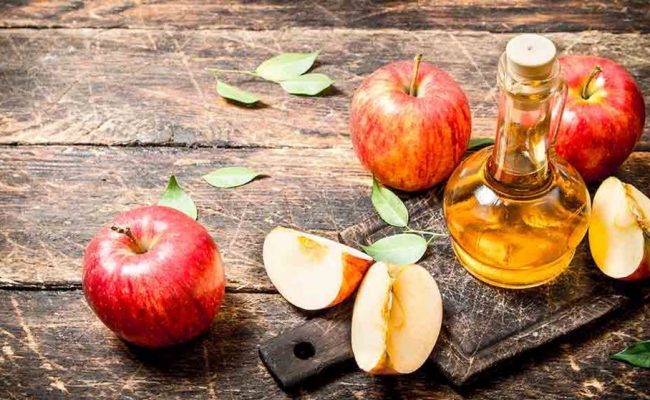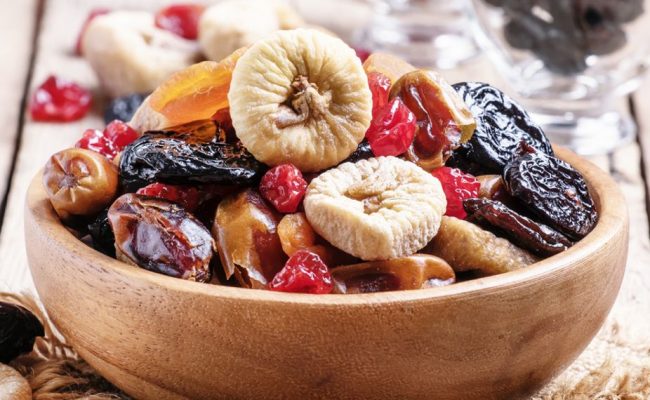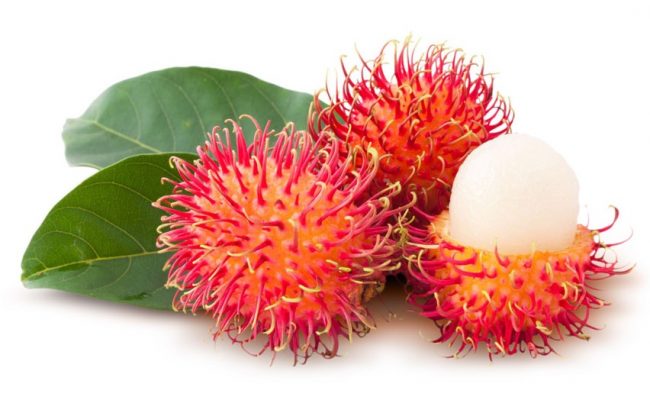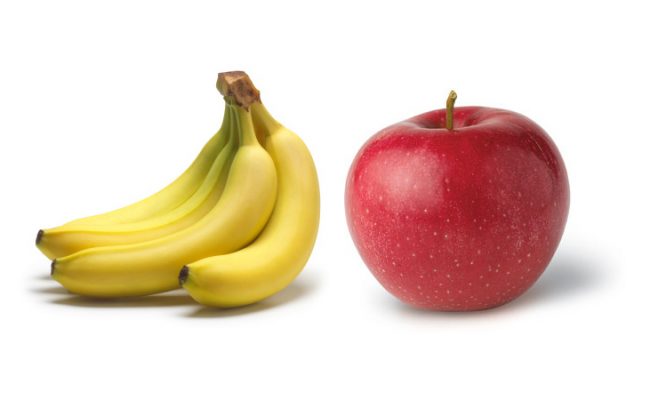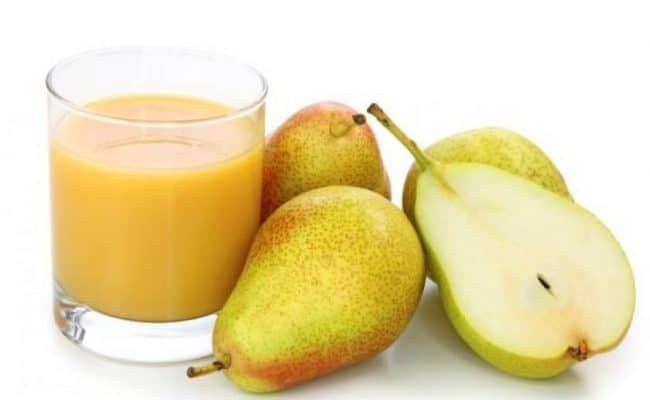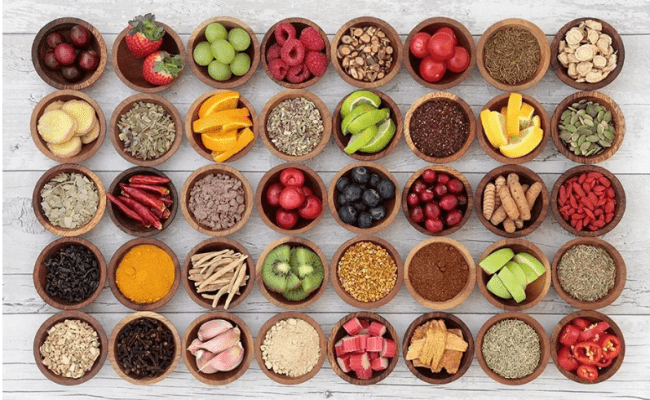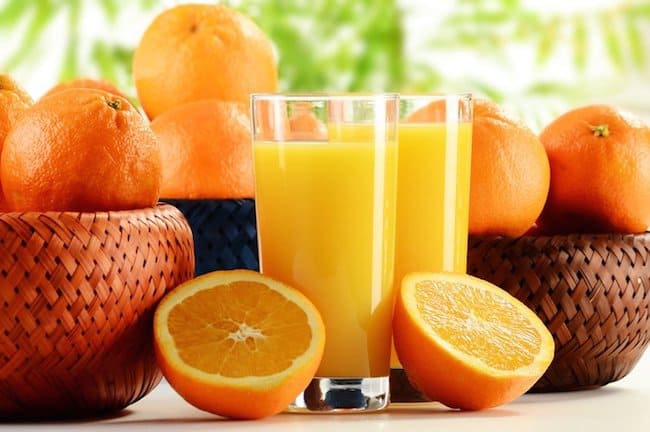
The answer to this question is yes and no. Fruit juice is without a doubt healthy in terms of valuable nutrients such as vitamins and minerals, but the high sugar content means that it can also be a key factor in weight gain if not consumed in moderation.
Why fruit juice is not always a healthy choice
Many people believe that fruit juice is a healthy choice; after all it is made from fruit, which we all know is a healthy option. The downside to fruit juice is the concentration of fruit.
If you have ever tried making juice at home, you will realise just how many apples or oranges are required to make a small glass of juice. You would not normally eat five oranges, but this is how many you may be consuming in your glass.
Fruit, although relatively low in calories when compared with many other foods, is high in sugar, and this sugar is concentrated in juice form. Therefore a glass of juice often contains the sugar content of four or five pieces of fruit, and some juices may contain more sugar than a cola soda drink.
A 12oz serve of grape juice for example contains the equivalent of 12 teaspoons of sugar and around 200 calories, more than the same sized cola which has just over ten teaspoons of sugar and around 150 calories.
This high amount of sugar and calorie content obviously adds up if you are drinking large amounts of juice on a regular basis and may contribute to weight gain due to excess energy intake.
Aside from the high sugar in juice, there is also a chance that they do not contain all the nutritional value of the fruit from which they are made, particularly if they are commercially produced. Often the skin of the fruit is not included, and pulp may be removed from some juices, meaning a loss of fibre, when compared with the fruit itself.
For the healthiest juice option, choose those which still have pulp or make them at home with the whole fruit where possible.
High sugar drinks including juice can also cause damage to the teeth if drunk in excess, particularly in children.
Health Benefits of Fruit Juice
Although fruit juice may be compared with soda in terms of sugar and calorie content, there is doubt that it is far ahead in terms of nutrition. Juices made from fruit and vegetables, particularly those that are 100% fruit juice tend to contain all the vitamins and minerals that the whole fruit or a vegetable does. Also read: Does diet soda cause weight gain?
This means that juice can be a great way to bump of your intake of these foods and reach recommended intake.
Most Americans do not get enough fruit and vegetables in their daily diets, and many people may find it more convenient and palatable to get a part of their requirements from juice. However, as mentioned above, juice should not be seen as a fruit or vegetable substitute on a regular basis.
Juices made freshly at home tend to have the most nutritional benefits, as you have total control over what goes into to drink. A mix of fruit and vegetables is a good way to up your intake of both these types of foods and reduce sugar and calories as vegetables are generally lower in these.
Whole fruits and vegetables including skins can also be added, meaning that fibre that is in the whole fruit is not lost.
How much should we drink?
One cup of fruit juice is approximately equal to one serve of fruit, so one serve per day is an appropriate way to get one of your two servings of fruit that are recommended.
However, if you are watching your weight or already reach your recommended intake of fruit, less than this is advisable, maybe a small glass two or three times per week, although this will depend on your calorie requirements, physical activity levels and your general overall diet.
If you are concerned about weight gain, you may also wish to dilute your juice to lower the calorie content, although bear in mind this also dilutes the nutrients. The best drink is definitely water from a weight loss and health perspective.
How to choose fruit juice?
When you are choosing fruit juice, make sure that you are choosing a variety that provides the maximum nutritional value possible. Juices labelled 100% fruit juice are the best choice, and no added sugar is also a good sign, although remember this does not mean there is no sugar in the product, it will still have high levels of naturally occurring fruit sugar, it just means that there is no extra added on top of this.
Stay away from drinks labelled as ‘fruit drinks’, ‘cordials’, or ‘fruit flavoured’, as these are all likely to contain very little actual fruit juice, a lot of added sugar or corn syrup and may even contain a heap of preservatives, colours and flavours just for good measure.
These drinks definitely do not count as one serve of fruit and provide very little nutritional benefit, just calories.
